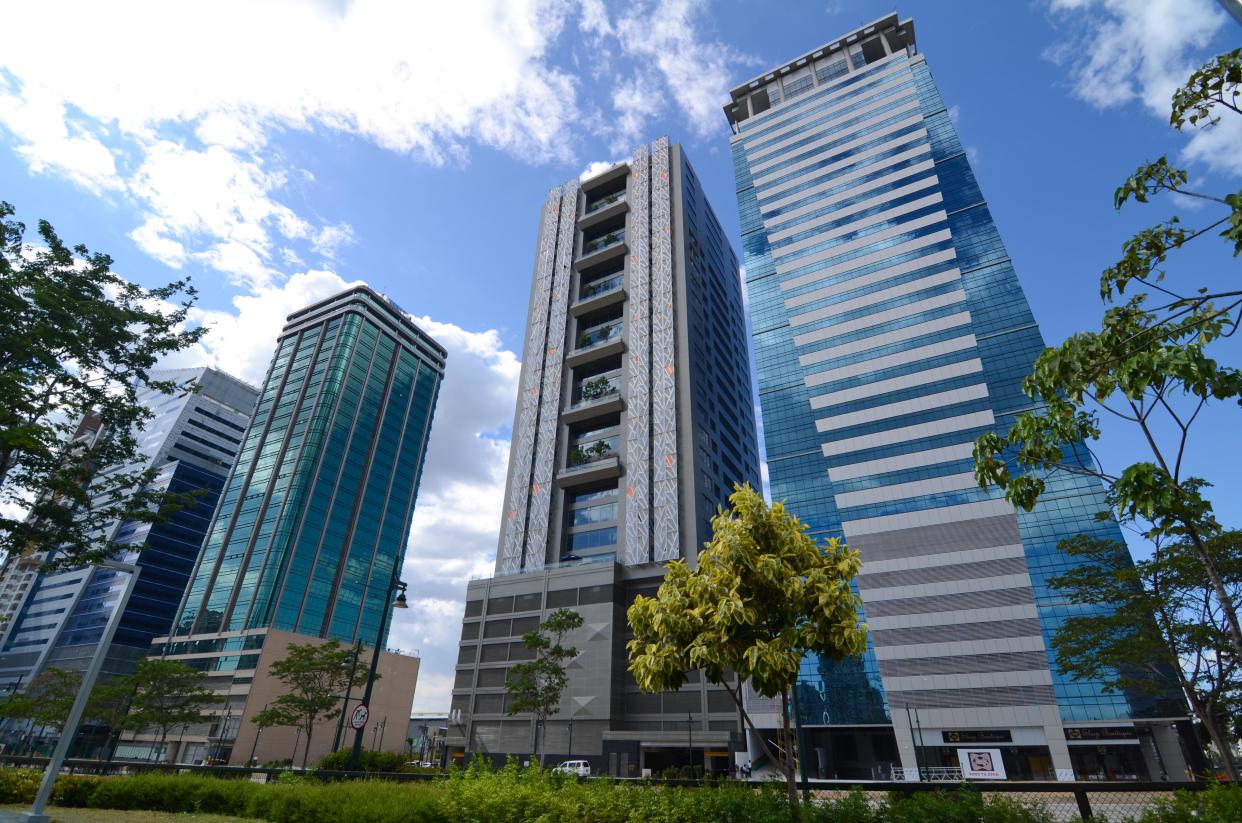Pandemic Pushes Philippine Firms to Consider Flexible Workspaces

By Siegfrid Alegado and Andreo Calonzo
Philippine companies are increasingly looking at flexible workspace to cut cost and provide better facilities for staff finding it hard to work from home amid Southeast Asia’s worst coronavirus outbreak.
More firms inquired about flexible offices in Manila while shelving expansion plans amid the pandemic, Janlo de los Reyes, head of research and consultancy at Jones Lang LaSalle Inc. in Manila, said at a virtual briefing Wednesday. Shared offices can provide employees better infrastructure support than what they have at home, including a more stable Internet connection, he said.
Office space vacancies from Shanghai to Tokyo are rising, as companies turn to work-from-home setups. In Manila, Colliers International Group Inc. estimates office rents to fall 17% this year while vacancies could rise to 5.3% as builders delay construction.
Flexible workspace arrangements also allow companies to cut costs and sign shorter lease contracts, Jonathan Wright, a director for Asia Pacific at Colliers, said at a separate briefing. “You have the ability to use a lot of the spaces when you need them.”
By allowing employees to work in different shared offices, companies can “spread risk” of a virus outbreak within their organization, de los Reyes said. Workers can also choose a work space that’s nearer them to avoid commuting, as Manila limits public transport to contain the pandemic, he added. He said while inquiries have increased, deals closed are small and cover a few seats for company.
© 2020 Bloomberg L.P.


